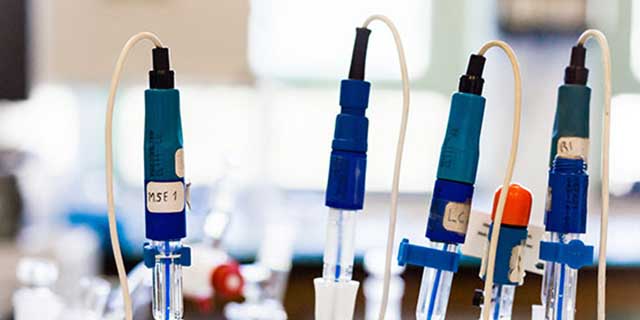Introduction
Our world is torn between economical demands and ecological concerns. This seemingly dilemma might be solved, at least in part, by an enhanced recycling/valuation activity focused on items that we used to consider simply as 'wastes', either technological or biological ones.
For example, the mining of rare earths, that are massively used in screens or permanent magnets, is rightfully considered as a highly polluting activity. Off-shoring of this mining sector in China lead to a Monopoly situation followed by a sharp increase in sale prices for these raw materials. Consequently, it now becomes a valuable strategy to recycle rare earths from technological setups and objects. On another hand, highly polluting paper wastes and scraps, that are usually simply burnt in order to produce heat, could be transformed into valuable starting materials and compounds for chemical industries. In parallel, studies involving either more conventional organic solvents or high temperature molten salts are performed.
The team Physicochemistry & processes for recycling and valuation is working on processes allowing for a better management of technological or biological wastes by implementation of recycling/separation/partitioning of their components: precious metals (platinum from PEMFC), other metals (nickel, cobalt and rare earths from batteries and magnets) but also high-added value polymers (Nafion from fuel cells) or high potential molecules for pharmaceutical industries (black liquor). To this aim, classical techniques such as liquid/liquid extraction and electrodeposition are assessed, benchmarked, optimised or refined, through the introduction of new solvents, less harmful to environment, such as ionic liquids.
Studies within the group are of both fundamental (understanding of extraction or electrodeposition mechanisms) and applied nature (process assessement, optimisation), in close collaboration with industrial patners. An academic collaboration with the laboratory G-SCOP allows quantitative estimates of economical impacts of our work, through a minute life cycle analysis of recycling processes as developped within the group. On another hand, we are leading an european project within the ERAMIN-I call, involving both academic (Aveiro University, Portugal) and industrial partners. The topic is dedicated to the recycling of NiMH batteries.
The following sections illustrate some recent studies.
Contact: L Svekova



